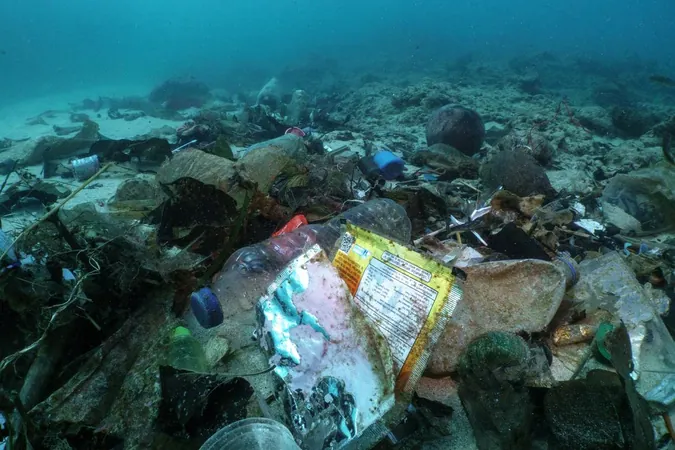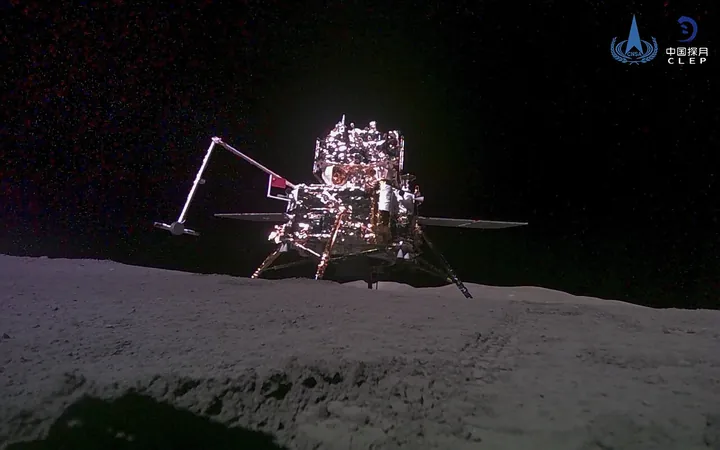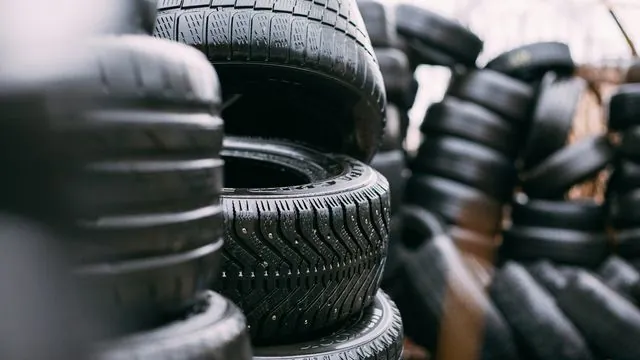
Phuket’s Garbage Crisis: How Thailand’s Premier Island Is Fighting a Mountain of Waste
2025-01-16
Author: Ming
Introduction
Once celebrated for its pristine beaches and breathtaking sunsets, the popular Thai resort island of Phuket is now grappling with an alarming garbage crisis that threatens its reputation and local environment. As tourists flock to the island, the amount of waste generated daily has surged to over 1,000 tonnes, leading to a burgeoning landfill that is rapidly eclipsing the scenic beauty of the area.
The Current Situation
Littered with plastic bottles and discarded beer cans, the waters surrounding Phuket tell a disturbing story of waste mismanagement. According to local residents, the overwhelming sight and smell of garbage has transformed some living environments into unbearable spaces. Ms. Vassana Toyou, a resident living near one of the island’s landfills, illustrated her plight: “There is no life outside the house, we just stay at home. The smell is very strong; you have to wear a mask.” To mitigate the unbearable stench, she has resorted to running her air-conditioner and air purifiers continuously, which has significantly increased her electricity bills.
Impact of Tourism
Phuket, which welcomes an estimated 13 million tourists annually as part of Thailand's broader influx of 35.5 million foreign visitors, has experienced rapid urban development, driven largely by its booming tourism sector. However, this rapid growth has led to an unsustainable surge in waste generation that has outpaced the island's capacity to manage it effectively. Deputy Mayor Mr. Suppachoke Laongphet warned that, if left unchecked, Phuket’s daily rubbish production could rise to 1,400 tonnes by 2025, straining its sole landfill and leading to environmental and public health challenges.
Authorities' Response
In response, local authorities are enacting ambitious plans to reduce waste generation by 15% within the next six months, as well as expand the landfill and introduce new waste incineration facilities. Nevertheless, experts argue that these measures are merely temporary fixes. Assistant Professor Panate Manomaivibool, a waste management specialist at Burapha University, emphasized the need for more comprehensive solutions beyond simply increasing waste processing capabilities. “If you just keep expanding more waste incinerators, I don’t think that would be just the solution,” he explained. “They need to focus on waste reduction and separation.”
Community Involvement
Local businesses and community groups are beginning to step up as well. Initiatives promoting recycling and responsible waste disposal are sprouting, while some hotels are adopting eco-friendly practices to minimize their environmental footprint. However, it remains to be seen whether these efforts will be sufficient to counteract the overwhelming tide of waste that threatens one of Thailand’s premier tourist destinations.
Conclusion
As Phuket wrestles with these mounting challenges, the question remains: can this beloved island find a sustainable path forward, or will its beauty and charm be consumed by the garbage crisis? Stay tuned for updates as this story unfolds in one of Thailand's most stunning yet troubled locales.



 Brasil (PT)
Brasil (PT)
 Canada (EN)
Canada (EN)
 Chile (ES)
Chile (ES)
 Česko (CS)
Česko (CS)
 대한민국 (KO)
대한민국 (KO)
 España (ES)
España (ES)
 France (FR)
France (FR)
 Hong Kong (EN)
Hong Kong (EN)
 Italia (IT)
Italia (IT)
 日本 (JA)
日本 (JA)
 Magyarország (HU)
Magyarország (HU)
 Norge (NO)
Norge (NO)
 Polska (PL)
Polska (PL)
 Schweiz (DE)
Schweiz (DE)
 Singapore (EN)
Singapore (EN)
 Sverige (SV)
Sverige (SV)
 Suomi (FI)
Suomi (FI)
 Türkiye (TR)
Türkiye (TR)
 الإمارات العربية المتحدة (AR)
الإمارات العربية المتحدة (AR)